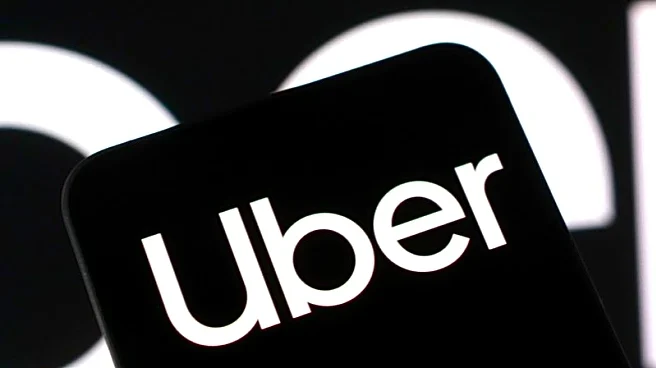By Lucy Craymer
WELLINGTON (Reuters) -New Zealand’s highest court sided on Monday with a lower court’s ruling that drivers of Uber who brought a case against the rideshare company should be treated as employees,
a decision that could pave the way for collective bargaining.
The Supreme Court unanimously dismissed Uber’s appeal of a 2022 ruling by the Employment Court, which had said four Uber drivers were employees of the business rather than contractors.
The case had been brought by two unions on behalf of the four Uber drivers. Uber had argued its drivers are independent contractors using its platform, not employees.
The top court's decision could give Uber drivers similar rights to those in a number of countries, including the UK.
The Workers First Union said the Supreme Court's judgement "paves the way for thousands of Workers First Union members to pursue full employment rights, including restitution for historic underpayment of wages and entitlements" and that it would now be advancing collective bargaining.
Emma Foley, managing director of Uber Australia & New Zealand, said in a statement the company was disappointed with the decision as it casts significant doubt on contracting arrangements across New Zealand.
“While the implications of this decision could be far-reaching, for now this decision relates to only four drivers and delivery partners, and Uber and Uber Eats will continue to operate as normal,” Foley said.
Uber had earlier challenged the lower court's decision in the Court of Appeal. While rejecting Uber's appeal, the appeals court's judges had noted that whether a person qualified as an employee was of "increased importance in light of growing fragmentation, casualisation, and globalisation of work and workforces in New Zealand."
They described the value of having employment status as “the gate through which a worker must pass before they can access a suite of statutory minimum employment entitlements, such as the minimum wage, minimum hours of work, rest and meal breaks, holidays, parental leave, domestic violence leave, bereavement leave and the ability to pursue a personal grievance."
(Reporting by Lucy Craymer; Editing by Muralikumar Anantharaman)









